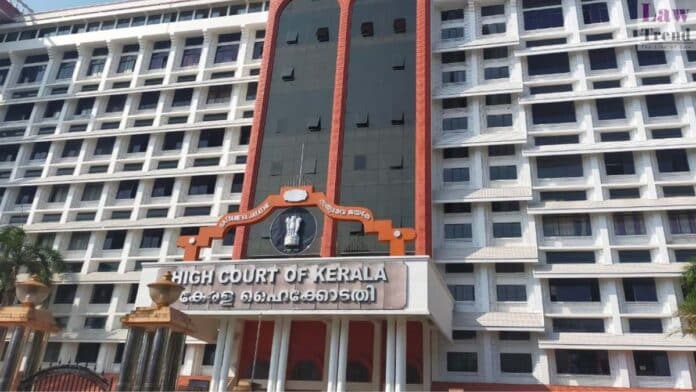In a significant verdict reinforcing the primacy of state government recommendations in university governance, the Kerala High Court on Monday declared the Governor’s appointment of a temporary Vice-Chancellor to APJ Abdul Kalam Technological University (KTU) as invalid.
A division bench ruled that the appointment of Dr K Sivaprasad as temporary Vice-Chancellor, made via a notification issued by Kerala Governor and Chancellor Arif Mohammed Khan on November 27, 2024, did not comply with the legal procedure prescribed under Section 13(7) of the University Act. The court observed that the Governor lacked the authority to appoint a Vice-Chancellor without recommendations from the state government.
The case was filed by the Kerala government challenging the Governor’s unilateral decision. The previous Vice-Chancellor, Dr Saji Gopinath, had stepped down, prompting the Governor to appoint Sivaprasad in an interim capacity.
While the court ruled the appointment unlawful due to procedural violations, it stopped short of removing Dr Sivaprasad immediately, as his term is set to expire on May 27, 2025. However, the court directed the state government to submit a fresh panel of eligible candidates to the Governor and expedite the process for a regular appointment.
Crucially, the court emphasized that all such appointments must adhere to the 2018 University Grants Commission (UGC) regulations, reinforcing the need for uniformity and transparency in academic administration.
CPI(M) Hails Verdict as Victory for Federalism
Welcoming the judgment, the ruling CPI(M) in Kerala called it a “strong message against the Governor’s overreach” and a “victory for democratic and federal principles.” In a statement, the party’s state secretariat said the verdict reaffirmed that Vice-Chancellors—whether permanent or temporary—must be selected only from names recommended by the state government.
CPI(M) also targeted former Governor Arif Mohammed Khan, accusing him of bypassing established procedures to install candidates aligned with the BJP and the RSS in key academic positions—including at KTU and the Digital University of Kerala.
The party further accused the Congress-led UDF of tacitly supporting such moves, claiming that the court’s ruling was a setback for those attempting to politicize higher education.




